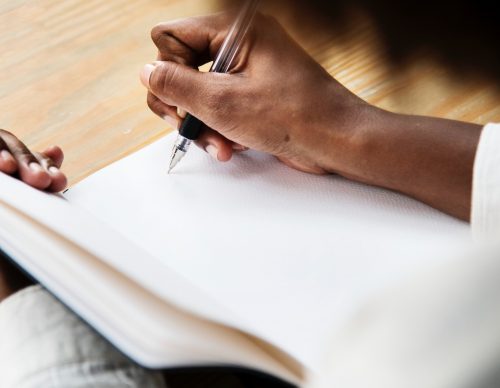
Source: nickrenniepr.files
It’s the job of the journalist to responsibly and distinctly convey credible information to the public. In the face of a pandemic like this one, where the coronavirus causes the spread of COVID-19, the job of the journalist becomes even more crucial.
Particularly during outbreaks, journalists must draw a tough balance between instilling fear and simply informing the general public. You want to avoid leniency, but at the same time, you would not want to build it up too much that you push people to panic or get scared. To help journalists worldwide to cope with their responsibilities on telling stories, we have collected a list of guidelines when making reports on the coronavirus pandemic.
Concentrate on reporting and not on analyzing.
Analyzing and making opinions are okay, but it’s not appropriate when reporting, especially about large-scale events like this one. There is a lot to report about, and writing your own opinion as a journalist somehow limits you from reporting on a large scope. Up until today, we don’t have exact details on how the coronavirus is eliminated, so it’s best not to make personal comments.
Read the mood around you and incorporate it into your work.
Just like any global crisis, there are plenty of stories circulating, and not all of it is pleasant. The spread of information on the web can misguide readers, just as when the news was told about a person who dropped dead in the streets of Wuhan. It was immediately assumed that he died of coronavirus infection when, in fact, the body was not yet examined when that news came out. This is often called visual reporting, and while this is valuable, it needs to be done reliably. Reports must include images that truthfully describe the real story. Sensationalizing only misleads the public, which may cause them to be complacent or to be too scared, depending on the level of exaggeration the photos portray.
To accurately tell the story, get a feel of the mood around you. Talk to the people involved or those who can support your reports, and then incorporate these details into your work. If there is fear in the atmosphere, then it’s only right to write about it.

Source: pxfuel.com
Avoid a racist tone.
Epidemics often stir racism and prejudice, and yes, COVID-19, which is a global crisis, is not spared from this. An example of this was a report about a Chinese national being discriminated in the United States. People were avoiding him, saying that they didn’t want to get his coronavirus. Chinese stores have also been closed in various cities.
As a responsible member of the media, journalists must take caution in encouraging stereotypes or promote racism. In light of COVID-19, for instance, you might not want to include photos of Chinatown or add pictures of people wearing facemasks.
Don’t write a misleading headline.
This is crucial, especially for editors who have the last say in publishing news. With plenty of information going around and the constant use of the Internet, people often get major news from the headlines alone. A headline does need to be persuasive and interesting, but it doesn’t need to be exaggerated. The truth must not be sacrificed. Let it reflect the situation, not sensationalize it.
Don’t ignore stories that are not as exciting.
A global experience like the COVID-19 has enabled journalists to give interesting reports, comprehensive investigations, and thousands of following. But it is important to note that not all stories you will tell are award-winning. Proper handwashing, for example, is not as exciting as how Wuhan got the first virus infection, but the former is equally as crucial as the latter – and it MUST be reported. Also, do the best you can to answer your readers’ queries. Utilize Google Trends so you can understand what kind of information people want now.

Source: theijst.com
Know when to say no.
Your boss will probably ask you to write more stories about the current situation. It is vital that you learn to say no when you need to, for your sanity. Your mental health is crucial to your work and your life as well. If you think you’ve been working on the hour and overtime, take time to step away from your computer and paperwork and find ways to relax. Get enough sleep, soak in the tub, and eat right. You need all these to be better, if not the best, at what you do.
